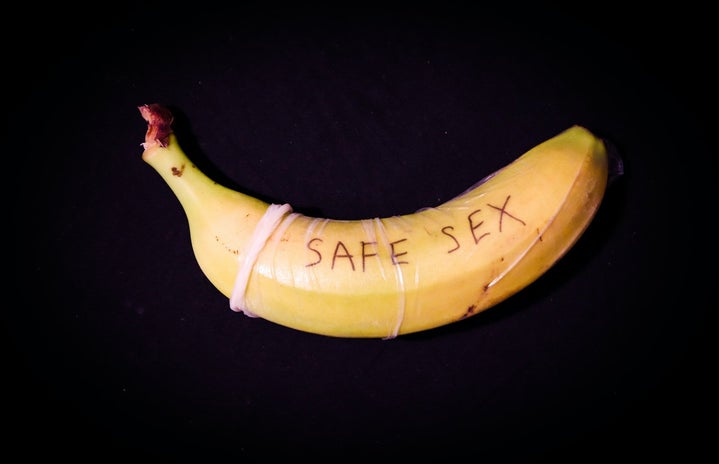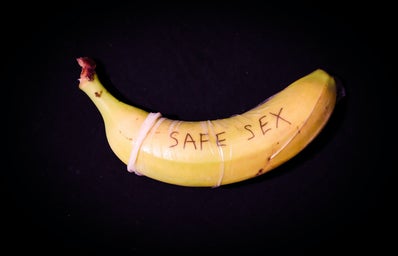Some of us had awkward presentations in class from our gym teacher telling us what sex was and not to have it. Some of us learned reproductive anatomy and saw the miracle of life video. And some of us got a little more, a little less, or nothing at all.
This is the reality of sex education in the United States. There is no common standard or curriculum all students learn. Many times this leaves students to seek out less-than-accurate information from friends and the internet. Unfortunately, Florida is among many states still ill-preparing students for the realities of their bodies, sexualities, and life.
Here are some of the key wrongs of the Florida Sex Ed policies and how we can make them right:
School District Discretion
The Florida statutes on sexual health allow for individual school districts to determine what type of sexual education they will provide. The options range from no programming, abstinence-only, abstinence-plus, and comprehensive sex ed. Crossing county lines can quite literally mean the difference between receiving comprehensive sex education or none at all.
Medical Inaccuracy
There are currently only 17 states that require medically accurate program content — Florida is not one of them. Medical accuracy entails all information provided to students be rooted in peer-reviewed scientific facts as opposed to religious beliefs on sexual activity and practices. The absence of this requirement places students at great risk for unwanted pregnancy, STDs/HIV, and other health complications due to a lack of access to sound medical information.
Incomplete Safe Sex Education
The pregnancy prevention program requirements do not mandate instruction on contraceptives, including the use and importance of condoms for STD/HIV prevention. The Comprehensive Health Education policy only requires intense stress of the benefits of abstinence and the consequences of teen pregnancy. There is also no required instruction on consent and how to say and accept no.
LGBTQ+ Insensitivity
The overall rating of the Florida curriculum on sexuality is negative. It is not inclusive of protections nor considerations for the spectrum of sexuality and gender. School districts may choose anti-LGBTQ+ instruction to demonize non-binary and non-heterosexual individuals.
(As a Florida public school graduate, I can attest to the subtle homophobia of sex ed. I once had a teacher say that anal sex was biologically wrong).
So, what can we do? The answer is rather simple.
Statewide K-12 Comprehensive Sexual Education.
The American College of OB/GYNs 2016 Committee Opinion found “that comprehensive sexuality education (CSE) programs reduce the rates of sexual activity, sexual risk behaviors, sexually transmitted infections, and adolescent pregnancy.” The term comprehensive is defined as being inclusive of age-appropriate, medically accurate, evidence-based, LGBTQ+ positive, and exhaustive of all preventative measures. Implementation of these standards ensures every Florida student receives equal access to a full education that equips them with the tools to take charge of their own sexual and reproductive health. In doing so, students face fewer obstacles to academic and social success.
If you think Florida students should have access to sex ed, contact your Florida legislators and join the fight to stop SB 410 from creating barriers to an already limited education.

